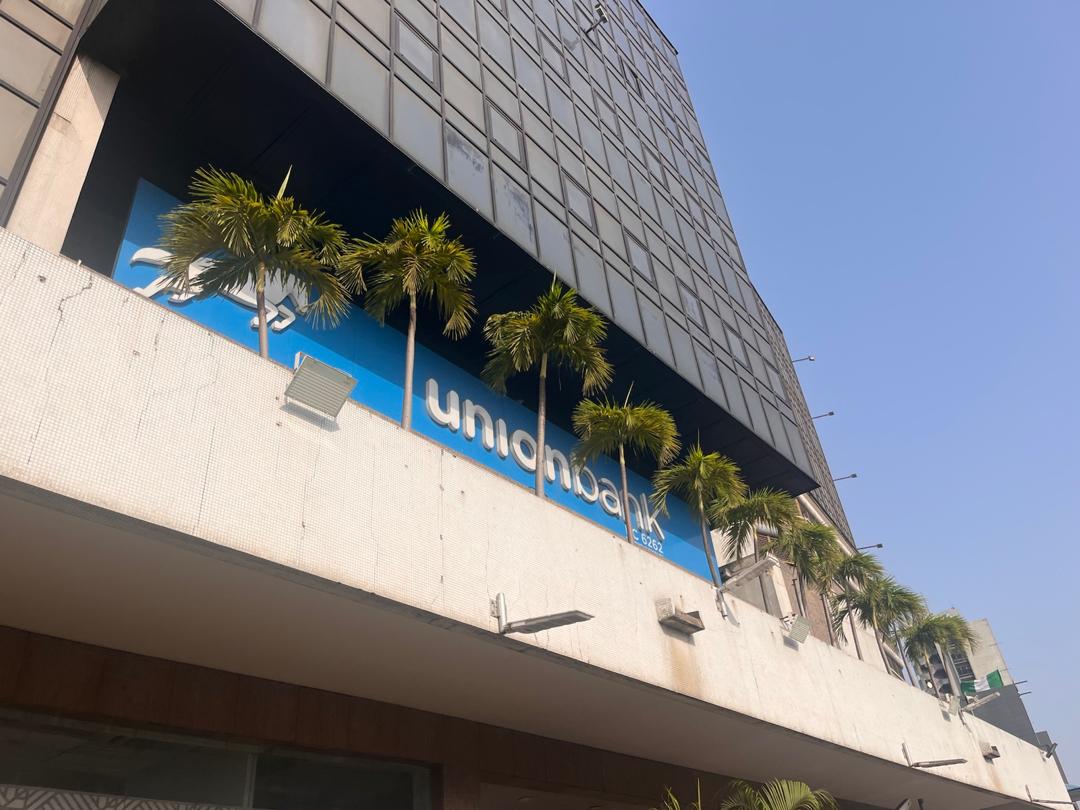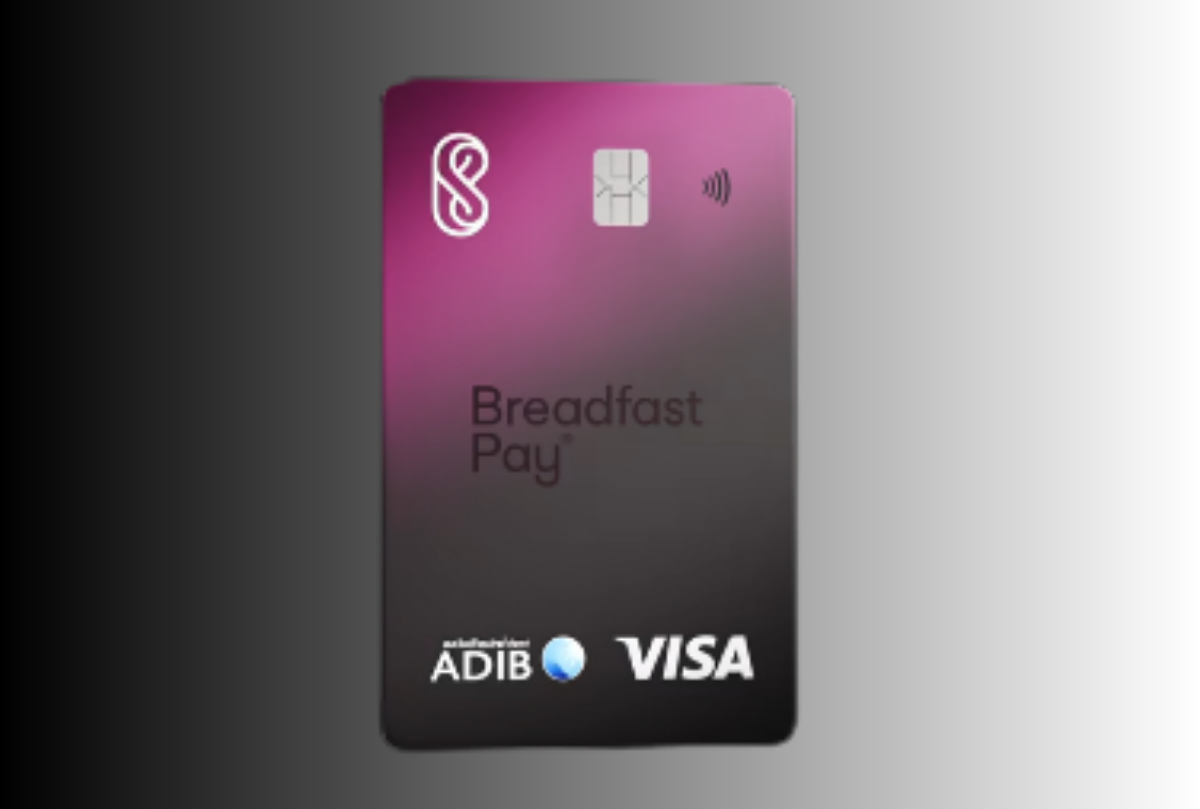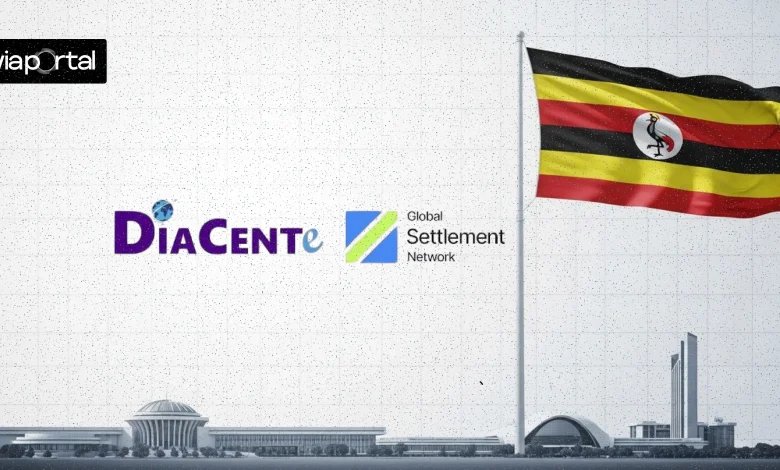Union Bank just got bigger. With Titan Trust now fully integrated, the Union Bank of Nigeria,the 108-year-old institution, cements its place among Nigeria’s top 10 banks by assets.
The journey to this merger began in 2022 when Titan Trust Bank , a relatively young institution established in 2018, acquired a majority stake in Union Bank of Nigeria, one of the country’s oldest banks, founded in 1917.
This acquisition was part of a broader divestment by Union Bank’s previous majority shareholders, including Atlas Mara Limited and Union Global Partners Limited.
Initially, Titan Trust took over 93.41% of Union Bank’s shares, leading to its delisting from the Nigerian Exchange (NGX) in 2023.
The merger process gained momentum as Nigeria’s banking sector faced CBN-mandated recapitalisation requirements, set to conclude by 2026, aimed at ensuring financial stability.
Titan Trust reportedly faced a ₦30 billion capital shortfall, making the full merger a strategic step to meet these thresholds.
Details of the Completed Merger
Announced on September 1, 2025, the merger fully absorbs Titan Trust Bank’s operations, assets, liabilities, and personnel into Union Bank.
Titan Trust Bank ceases to exist as a standalone entity, with all services now operating under the Union Bank brand. The CBN’s final approval ensured compliance with regulatory standards, allowing seamless integration without disrupting customer services.
Key operational highlights include:
- Expanded Network: The combined bank now boasts over 293 branches and nearly 1,000 ATMs across Nigeria, enhancing accessibility for customers.
- Digital Focus: Emphasis on improved digital banking solutions, combining Union Bank’s legacy with Titan Trust’s innovative approach.
- Timeline: The process, which started with the 2022 acquisition, culminated in this full merger ahead of the CBN’s recapitalisation deadline.
This consolidation is part of a wave of mergers in Nigeria’s banking sector, including other deals like Providus Bank’s acquisition of Unity Bank, signalling a trend toward larger, more resilient institutions.
READ ALSO:This Merger Could Reshape Banking in South Africa
Impacts on Customers, Employees, and the Nigerian Banking Sector
For customers of both banks, the merger promises continuity and enhanced services. Union Bank has assured that accounts, loans, and deposits remain unaffected, with no need for immediate action.
The expanded network means better reach, particularly in underserved areas, while integrated digital platforms could offer more efficient banking experiences.
Employees from Titan Trust are being integrated into Union Bank’s workforce, potentially creating new opportunities but also raising questions about redundancies.
On a broader scale, the merger positions the new entity among Nigeria’s top ten banks by assets, strengthening its competitive edge against giants like Zenith Bank and Access Bank.
In the context of Nigeria’s economy, this deal supports financial stability amid challenges like inflation and currency fluctuations.
It also aligns with CBN’s push for recapitalisation, which requires banks to raise minimum capital from ₦25 billion to ₦500 billion for international licences.
Analysts view this as a positive step toward a more consolidated and efficient banking industry.
Future Outlook: What’s Next for Union Bank Post-Merger?
Looking ahead, the merged Union Bank is expected to focus on growth through innovation, customer-centric services, and compliance with evolving regulations.
With a strengthened balance sheet, the bank could pursue further expansions or partnerships, potentially in fintech collaborations to attract younger demographics.
Stakeholders should monitor upcoming financial reports for Q3 2025 to gauge the merger’s immediate effects on performance metrics like asset growth and profitability.
As Nigeria’s banking sector continues to evolve, this merger could inspire similar consolidations, creating a more robust financial ecosystem.
If you’re a customer, visit Union Bank’s website for personalised guidance on how this affects your banking needs.
Ronnie Paul is a seasoned writer and analyst with a prolific portfolio of over 1,000 published articles, specialising in fintech, cryptocurrency, climate change, and digital finance at Africa Digest News.






Leave a Reply